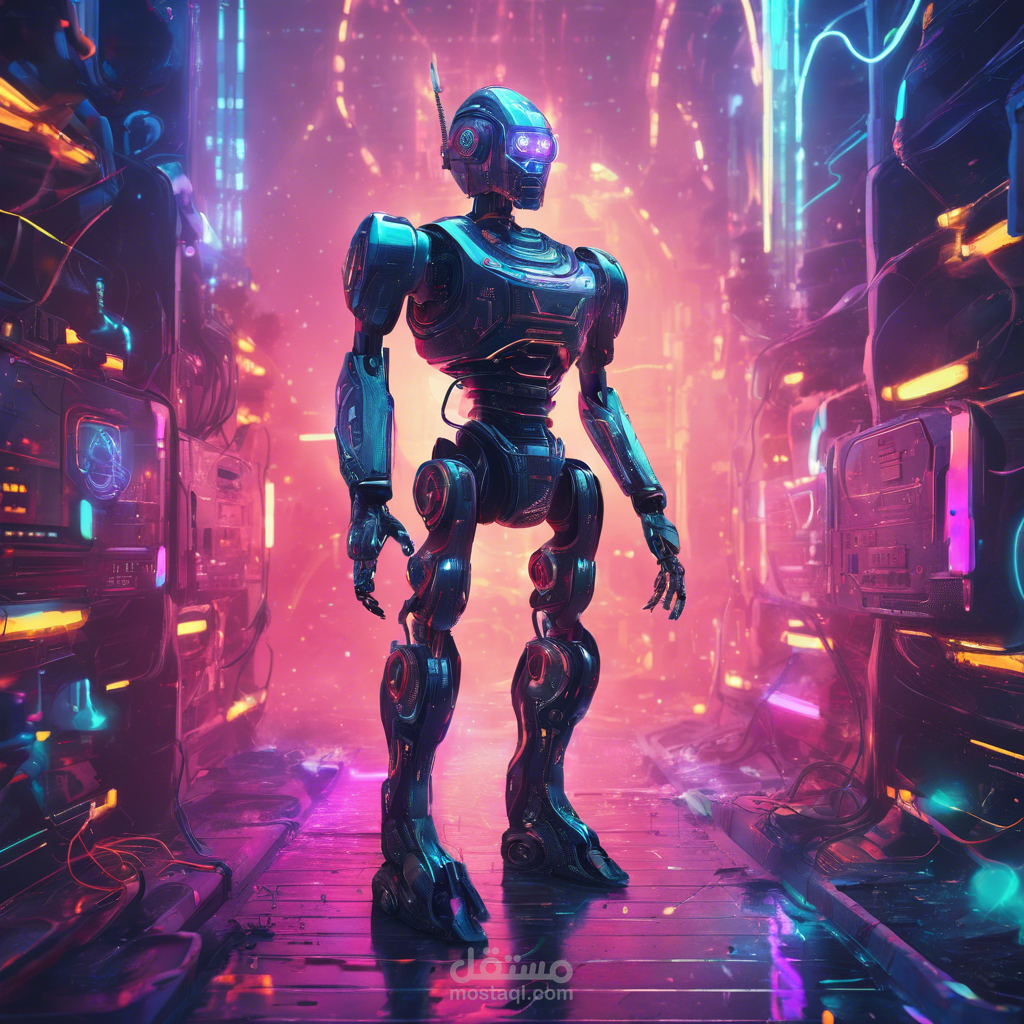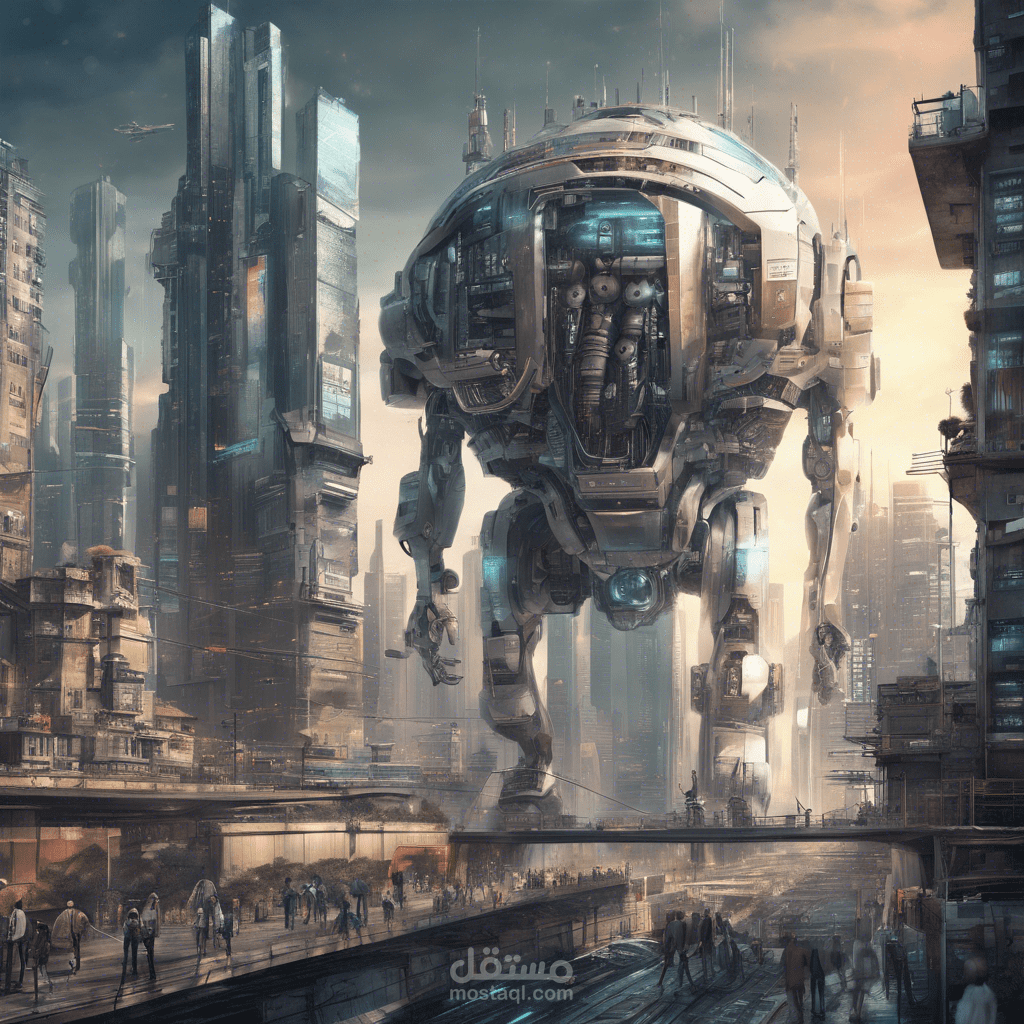مقالة عن الذكاء الاصطناعي ومستقبل الوظائف
تفاصيل العمل
#### Artificial Intelligence and the Future of Jobs
#### Introduction
In recent years, the world has witnessed tremendous advancements in technology, with artificial intelligence (AI) leading these innovations. AI is not just a technical term but a collection of systems and software capable of performing tasks that typically require human intelligence. These tasks range from natural language processing to pattern recognition and decision-making. With these advancements, a fundamental question arises: How will AI affect the future of jobs?
#### The Impact of AI on the Job Market
Many experts anticipate that AI will have a significant impact on the job market. Some jobs will undergo substantial changes, while others may disappear entirely. For example, jobs that rely on routine and repetitive tasks are expected to be most susceptible to replacement by intelligent machines. This includes roles such as customer service, data entry, and certain manufacturing tasks.
#### New Opportunities
Despite concerns about job losses, AI also creates new opportunities for job growth in ways previously unimaginable. New jobs requiring advanced skills in data analysis, developing intelligent systems, and maintaining and managing smart robots and machines will emerge. There will likely be a high demand for AI specialists, software engineers, data analysts, and other professionals with advanced technical skills.
#### Enhancing Efficiency and Productivity
AI can enhance efficiency and productivity across various industries. For example, AI can quickly analyze vast amounts of data, helping companies make better and faster decisions. In the medical field, AI can improve disease diagnosis and develop new treatments, increasing healthcare effectiveness.
#### Challenges of Transition
Despite potential benefits, significant challenges come with transitioning to an AI-driven economy. One of the main challenges is retraining and reskilling workers who may lose their jobs due to automation. Joint efforts from governments, companies, and educational institutions are essential to provide training programs that help individuals acquire new skills that align with future market needs.
#### Balancing Human and Machine Roles
It is crucial to balance relying on AI and maintaining the vital role of humans in various industries. Technology should complement human capabilities, not replace them. Future strategies should focus on how to use AI to enhance human abilities and foster fruitful collaboration between humans and machines.
#### Conclusion
AI promises a bright future but also presents significant challenges that require collective efforts to overcome. By focusing on training, education, and reskilling, we can turn challenges into opportunities and maximize the potential of AI, contributing to a more efficient and innovative work environment.
بطاقة العمل
| اسم المستقل | سمير ع. |
| عدد الإعجابات | 0 |
| عدد المشاهدات | 6 |
| تاريخ الإضافة | |
| تاريخ الإنجاز |

